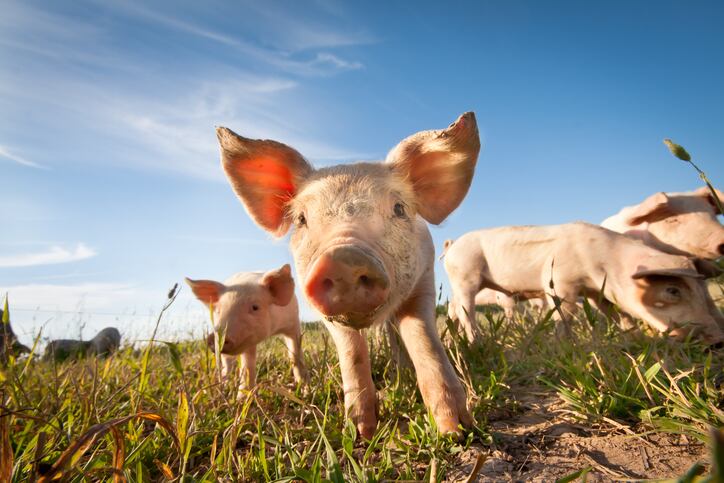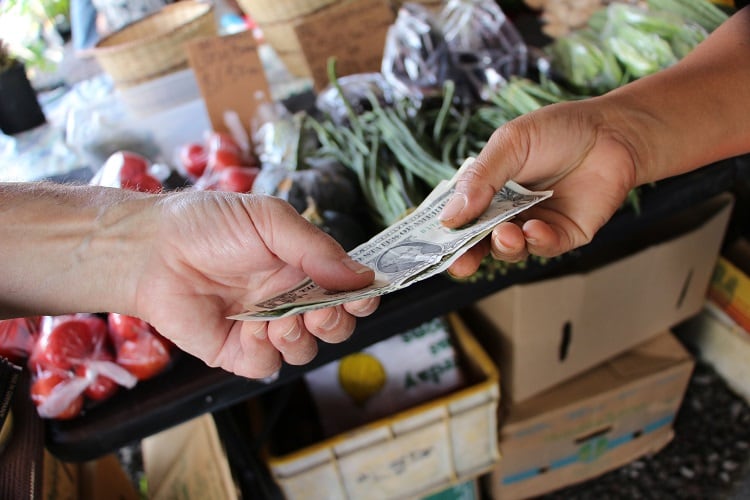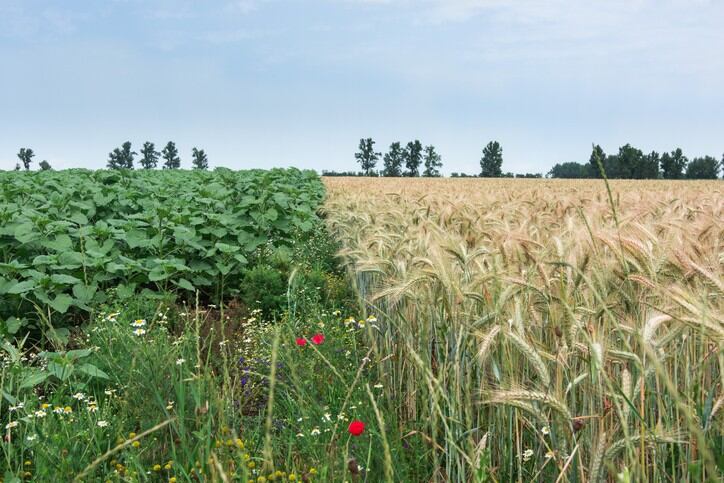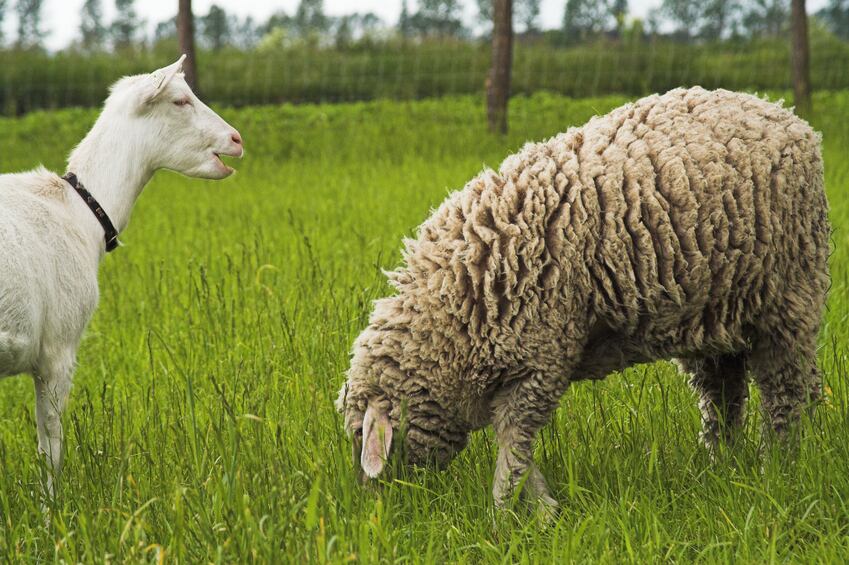The Minister for Environment, Energy and Rural Affairs, Lesley Griffiths, confirmed Wales will cease to use the Basic Payments Scheme to calculate subsidies and instead support farmers through a new sustainable farming scheme post-Brexit.
This is a major policy departure from the European Commission’s CAP system, which the Welsh agri-food sector currently adheres to.
‘The case for reform remains’
When the EC detailed its proposal for CAP in its new budget period after 2020 earlier this year, it stressed that environment and climate objectives would be a high priority. However, current proposals for the CAP-2020 reform would still see direct payments to farmers, based on a given number of hectares of land owned or used, account for the lion’s share of the budget.
This approach has faced sharp criticism, with detractors arguing that the CAP should be a catalyst for change towards climate smart food production systems.
“The case for reform remains and a new approach is needed. This Government has therefore decided Basic Payments Scheme will come to an end in Wales. Instead, we want to put sustainability at the heart of our future support, balancing the needs of current generation with our obligations to the next,” Griffiths argued.
Speaking during a plenary debate about the ‘Brexit and our Land’ consultation today (4 June), Griffiths outlined a number of policy changes following “detailed consideration” of the responses received.
“Last year, we carried out one of our largest agriculture consultations on how we support Welsh farmers and land post-Brexit. We had strong and wide ranging responses and I am extremely grateful to everyone who engaged in the discussion,” Griffiths noted.
“I have carefully considered the views expressed and these have helped adapt our approach. Today I am announcing a number of changes to our policy proposals which will be explored in detail in our forthcoming consultation.”
Plans include the establishment of a single sustainable farming scheme, bringing together two previous proposals for an economic resilience package and public goods scheme.
This, Griffiths suggested, will allow the Welsh government to “explore economic, environmental and social opportunities at the same time”.
Sustainable land management will be at the heart of future farm support in Wales once the UK leaves the European Union, the Welsh government said.
A focus on public goods
Griffiths said the ‘Brexit and our Land’ consultation demonstrated the range of public goods that can be produced alongside food production when sustainable practices, such as regenerative agriculture and carbon sequestration, are embraced.
“At the moment there is no market for public goods - the wonderful soil we have, the wonderful water we have,” the Minister told FoodNavigator after the consultation closed. “The most important thing post-CAP is that we reward the active farmer, and that is what farmers are telling me.”
“We will propose an annual payment to farmers in return for the environmental outcomes delivered on their farm - targeted at reversing biodiversity decline, meeting our carbon budgets and hitting our clean air targets.”
The policy changes announced today will be explored in detail in a forthcoming consultation, which will be published in advance of the Royal Welsh Show, the Welsh department for food and farming revealed.
Economic and environmental gains ‘go hand in hand’
Supporting agri-food has been identified as a strategic priority by Welsh regulators. It is an important sector for a country that says it is “small enough to listen” to the concerns of industry. The Welsh food and farming sector was worth £6.8bn in 2018 and the employs around 217,000 people.
Griffiths stressed that environmental objectives and economic development are aligned and suggested that the new policy direction will support both.
“The production of food and the production of public goods can go hand in hand. In many cases, the same action, done in the right way, can contribute to both outcomes. We want to pay for these environmental outcomes. In this way, we can support sustainable food production.
“By promoting sustainable land management, we can work together to create a system which helps farmers thrive, harness the value of Welsh land and secure a prosperous, resilient agricultural sector in Wales.”




